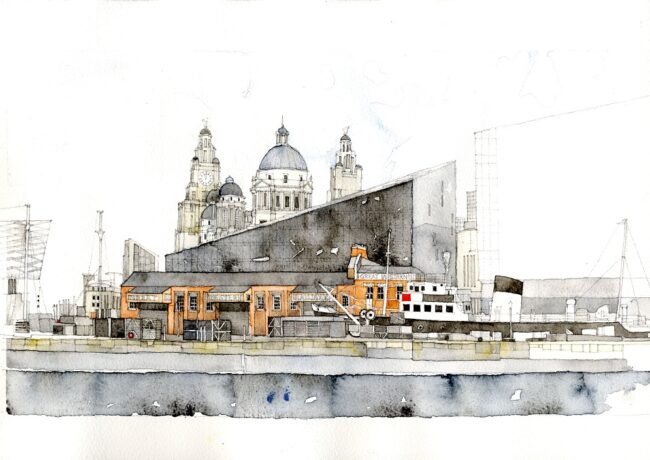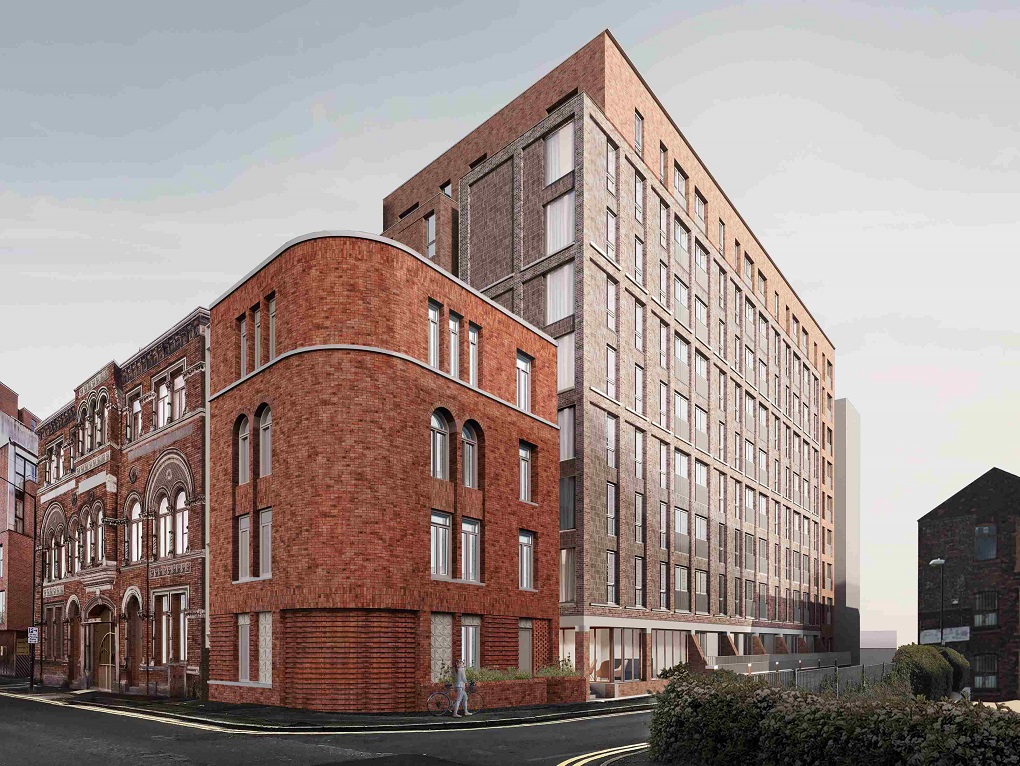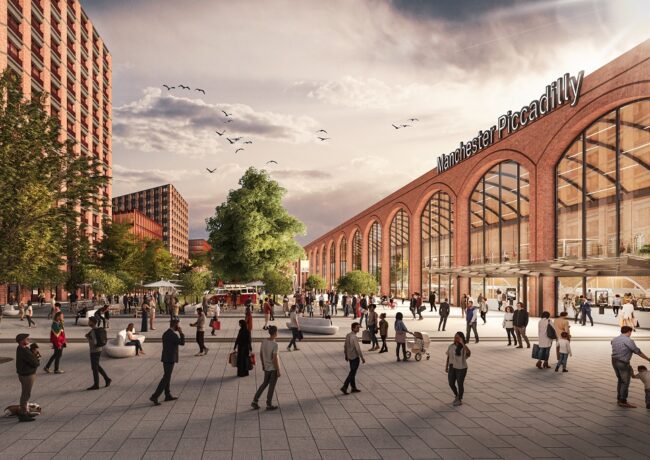NW 2013: Cities in flux
 Evolution requires external pressure. If conditions in the primeval swamp had remained constant, life would never have crawled out and evolved to give us the diverse world we inhabit.
Evolution requires external pressure. If conditions in the primeval swamp had remained constant, life would never have crawled out and evolved to give us the diverse world we inhabit.
In my opinion, the UK residential market is now facing some of the biggest evolutionary pressures ever experienced in property terms, and the need for us to adapt is overwhelming.
For generations the UK clung to the belief that the homes we inhabited must conform to a standard set of criteria. And it is of paramount importance that we own them, regardless of the fact that home ownership is now no longer financially feasible for the majority. The pressure to evolve is clear – mortgage lending is virtually unattainable, and younger people are being forced into the leasehold market while saving for those 30% deposits.
 Simultaneously, supply of leasehold accommodation is becoming increasingly scarce and still exists within the rigid constraints of six- and 12-month Assured Shorthold Tenancies. The housing market needs to wake up and realise that flexibility is key to meeting need as well as making profit.
Simultaneously, supply of leasehold accommodation is becoming increasingly scarce and still exists within the rigid constraints of six- and 12-month Assured Shorthold Tenancies. The housing market needs to wake up and realise that flexibility is key to meeting need as well as making profit.
The physical characteristics of our homes also need to change. If we are to supply places to live for future generations, we have to understand what they are looking for. My children have hundreds of books, more music albums than I have ever owned and huge collections of movies and photographs. Yet all of these take up no more space than a laptop or an iPad.
Living space is no longer used in the same way.
The way we build will also have to evolve; pressures such as the sheer number of homes needed, green targets and cost constraints mean that traditional build may not be the way forward. Volumetric construction and new materials are perhaps the inevitable evolutionary steps to resolve these issues.
During 2012 Chelmer Developments and its team secured planning consent to develop up to 600 new homes within an Ian Simpson designed building fronting River Street in Manchester city centre. The building will provide a range of quality units, available on flexible terms, with additional services never previously offered within residential development in Manchester.
The accommodation will be convenient, affordable and comfortable but, above all, will meet the new needs of the current market rather than supporting outdated ideals.
The River Street project is not a re-invention of the way we live, rather a natural stage of evolution, reacting to some of the pressures listed above. We are now working on the finer details of the building and operation but fully intend to press forward with construction as soon as possible.
In short, we live in challenging times and as a market we need to evolve. Someone has to be the first down from the trees.
- Mike Bathurst, director, Chelmer Developments





Yes but if we continue to build tiny apartments to get the max yield only suitable for 20-30 something person or couple at most and not family apartments then the likes of these developments will only be inhabited by these section of society. And the city centre will not evolve. It is sad that this has happened to Manchester and many other cities!
By Annie Baines
I agree with Annie’s comments here. Minimum space requirements impact on quality of life, and for disabled people are essential. With thoughtful management, some central areas would suit retired singles and couples who still value the city centre offer and without driving. But I worry that ‘our industry’ only likes to innovate second, but not be the very first. Tom Bloxham et al did more than evolve, they innovated.
By Tony Baldwinson